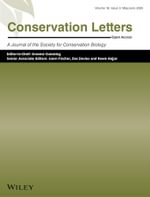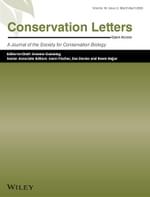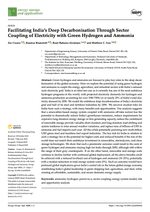Torsten Heinrich, Jangho Yang and Shuanping Dai
View Journal Article / Working PaperWe investigate structural change in the PR China during a period of particularly rapid growth 1998-2014. For this, we utilize sectoral data from the World Input-Output Database and firm-level data from the Chinese Industrial Enterprise Database. Starting with correlation laws known from the literature (Fabricant’s laws), we investigate which empirical regularities hold at the sectoral level and show that many of these correlations cannot be recovered at the firm level. For a more detailed analysis, we propose a multi-level framework, which is validated with empirically. For this, we perform a robust regression, since various input variables at the firm-level as well as the residuals of exploratory OLS regressions are found to be heavy-tailed. We conclude that Fabricant’s laws and other regularities are primarily characteristics of the sectoral level which rely on aspects like infrastructure, technology level, innovation capabilities, and the knowledge base of the relevant labor force. We illustrate our analysis by showing the development of some of the larger sectors in detail and offer some policy implications in the context of development economics, evolutionary economics, and industrial organization.




